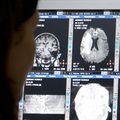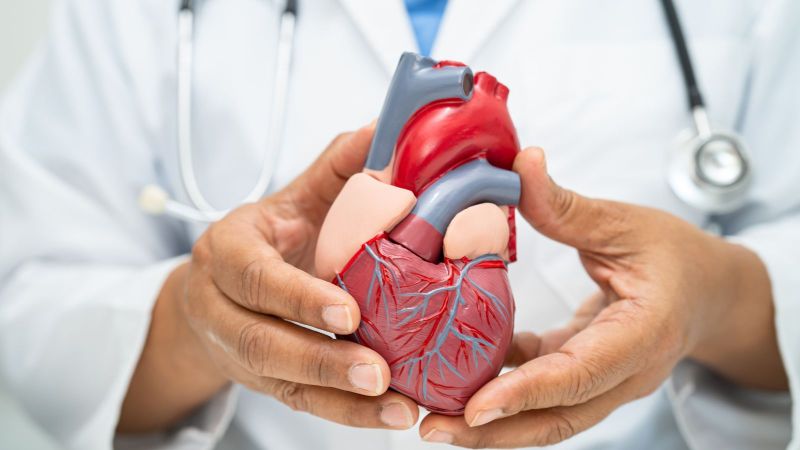Text to go here...
 A treatment developed in rats and mice has been shown to be safe in the first ever human trial of stem cell treatment for stroke victims. In the trial, three patients were given low doses of stem cells to determine the safety of the treatment. The trial has had no adverse effects so the patients will now be given higher doses of stem cells with the hope that this will improve their health.
A treatment developed in rats and mice has been shown to be safe in the first ever human trial of stem cell treatment for stroke victims. In the trial, three patients were given low doses of stem cells to determine the safety of the treatment. The trial has had no adverse effects so the patients will now be given higher doses of stem cells with the hope that this will improve their health.
Stem cells are theoretically, and to an increasing extent in practice, able to form any type of tissue. Scientists hope that by using stem cells they can treat many conditions caused by damaged or missing tissue. When a person suffers a stroke, brain cells are damaged and as a result victims often lose the use of limbs or the ability to speak. Most nervous tissue does not regenerate so these effects can be permanent.
Stem cells taken from embryos must be 'programmed' using chemical signals to direct the development of the cells into early neuronal cells. In 1998* these early cells were successfully transplanted into the brains of rats in which a stroke had been induced. The cells replaced damaged tissue and the rats performed well in tests. Since then, many experiments have been conducted to refine the technique.
In the recent clinical trial, elderly volunteer patients were given a low dose of stem cells created using the knowledge and techniques developed through years of research using cultured cell lines and animal models. An independent committee has approved the results from this trial and given permission for further trials using progressively higher doses of stem cells.
Read more about stroke on our sister website here.
*http://www.rehab.research.va.gov/jour/09/46/1/pdf/eaton.pdf
Last edited: 11 January 2022 14:52




